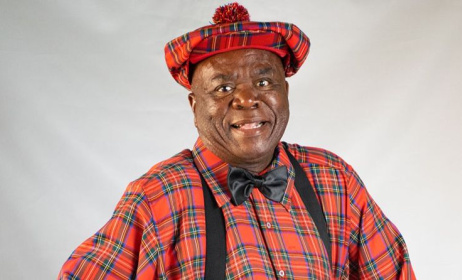SA: Ramaphosa questions copyright, performers' amendment bills
South African President Cyril Ramaphosa has queried the legality of the copyright amendment bill and the performers' protection amendment bill, both of which intend to make regulative changes for creators and artists in the country.
 South African President Cyril Ramaphosa.
South African President Cyril Ramaphosa.
According to Times Live, Ramaphosa’s lawyers wrote to the Department of Trade and Industry and the Department of Arts and Culture (DAC) to seek clarity on the two bills that have been sitting on the president’s desk for more than a year.
Ramaphosa seeks to investigate if the copyright amendment bill does not invade the rights of creators.
“They also wanted to check whether it would not infringe on the rights of individuals, rights of ownership and distribution,” DAC director-general Vusumusi Mkhize told the Parliament's portfolio committee on arts and culture.
“There are various contestations. Also critical, the president was asking whether we did consult and it has been indicated that it started some time back at the Department of Trade and Industry and had several consultations.
He added: “Our view is that as much as there are diverse views on these issues, we cannot wait and not sign. Let's continue and where there are issues, let's address issues step by step. The formation of a tribunal would probably address some of the challenges faced."
There is a general belief among creatives that the copyright amendment bill will hurt the creators of musical works, among others, while giving users, including big multinational streaming companies, free content.
In March, Music In Africa spoke to former Southern African Music Rights Organisation CEO Nothando Migogo about the two bills.
“The whole problem with the copyright amendment bill is that we've been trying to articulate for some time that it doesn’t go far enough to protect composers and rights holders," she said.
"Even though it gives composers a right of communication to the public, meaning 'no one can communicate my music publicly such as streaming without my permission', the bill doesn’t go far enough to say, 'When someone streams your work without your permission, here is a clearly actionable punitive clause that you can invoke to protect that'."






























Comments
Log in or register to post comments